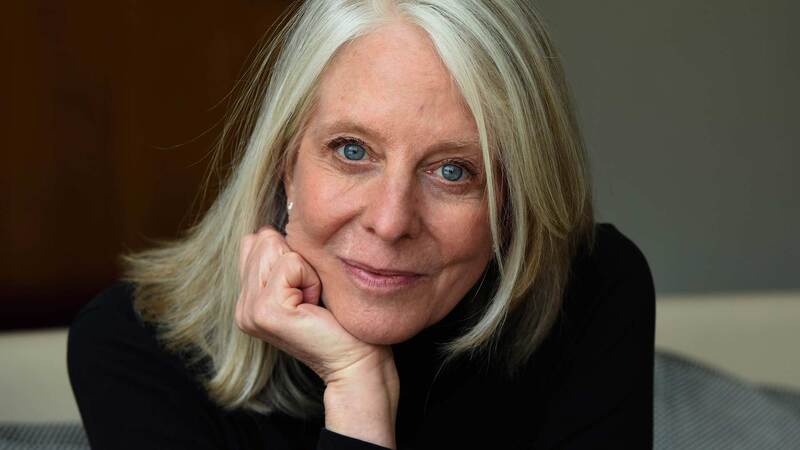You are viewing your 1 free article this month. Login to read more articles.
Blair and Le Brun take the RSL's Giles St Aubyn Awards
Laurence Blair and Lily Le Brun have won the Royal Society of Literature (RLS) Giles St Aubyn Awards for first commissioned works of non-fiction while medical researcher Paul Craddock has won special commendation.
Blair, a writer and journalist, took the £10,000 prize for Lost Countries of South America: Travels in a Continent’s Past and Present (The Bodley Head, 2020) which will address how South America will “marry its past with its future,” the RSL said.
Le Brun took the £5,000 prize for Looking to Sea: Britain Through the Eyes of its Artists (Hodder and Stoughton, 2020), described by the RSL as “a cultural, social and creative history of Britain in the 20th century, spun from the ways the human imagination responds to the sea”.
Craddock won a special commendation for Dragon in a Suitcase: A Cultural History of the Art of Transplant (Fig Tree, 2020) which combines culture and medical history.
The authors were presented with the RSL Giles St Aubyn Awards for first commissioned works of Non-Fiction on Wednesday (28th November) at a ceremony in central London.
The judges included Iain Sinclair as chair, author and Everyday Sexism founder Laura Bates, writer Aida Edemariam and Fiona St Aubyn, an author and niece of the late Giles St Aubyn whose bequest launched the awards last year. He was the author of 14 works of non-fiction who died in 2015.
The winners' proposals were praised by the judging panel and the RSL for providing new insights on unexplored issues. Blair’s book “will hold up a mirror to a range of people and places, giving a colourful picture of how South America’s past is dictating its future and exploring the ever-shifting ideas of belonging and borders,” according to the society. Chair of the judges Iain Sinclair described it as “an ambitious and far-reaching project that successfully finds a way of integrating research into pre-Columbian remains with the contemporary experience of crossing borders as a sharp-eyed, backpacking witness”.
Meanwhile Edemariam applauded Le Brun’s “history of twentieth-century Britain, refracted through ten artistic responses to the sea, is beautifully written — authoritative and questioning; scholarly, but also vividly insightful about bodies, private lives, feelings, the often-overlooked quotidian”.
Craddock's Dragon in a Suitcase was praised by Bates who said that the book offers "a fascinating exploration of science and medical history with a truly moving journey into people’s deepest fears, hopes, and desires: in short, everything that makes us human".
Craddock, an honorary senior research associate at UCL Medical School in London, said the prize is "incredibly valuable to receive encouragement at this stage of the book’s life, and of my career".
Le Brun, an arts journalist who also manages a major private collection of 20th century British art, said: “This award means a huge amount to me. Not only is the judges’ belief in the book wonderfully reassuring, but it has given me more time; a valuable and expansive gift for any writer.”
“‘I’m truly elated that the RSL will help me do justice to the cutting-edge research and pressing contemporary issues the book surveys,” Blair commented.
The inaugural awards last year went to David Farrier, Lisa Woollett with a special commendation to Joanna Jolly.



















